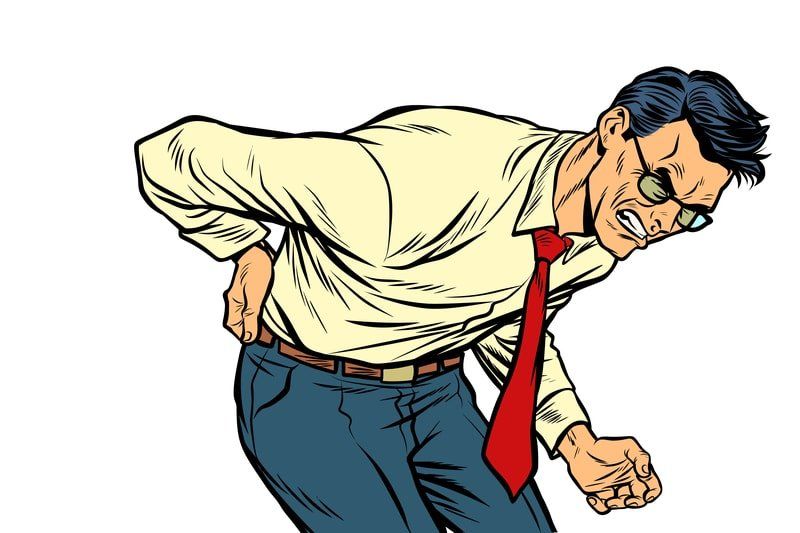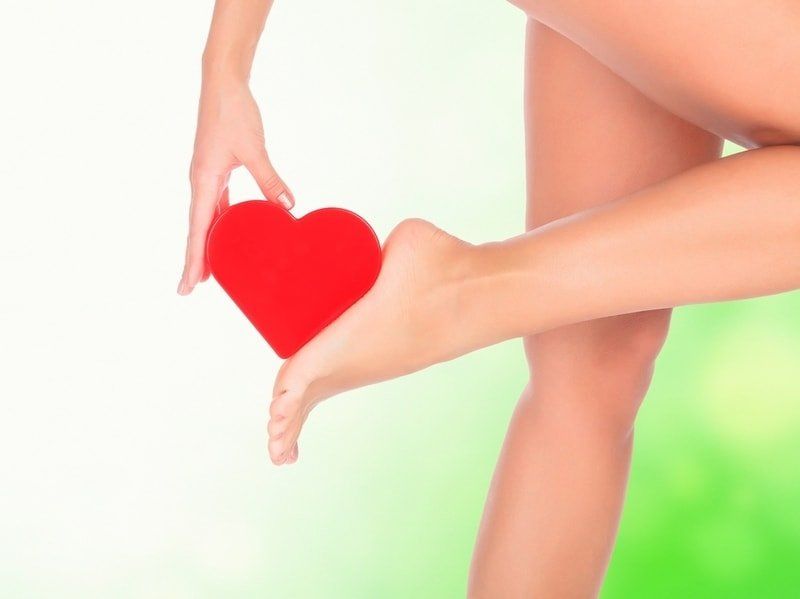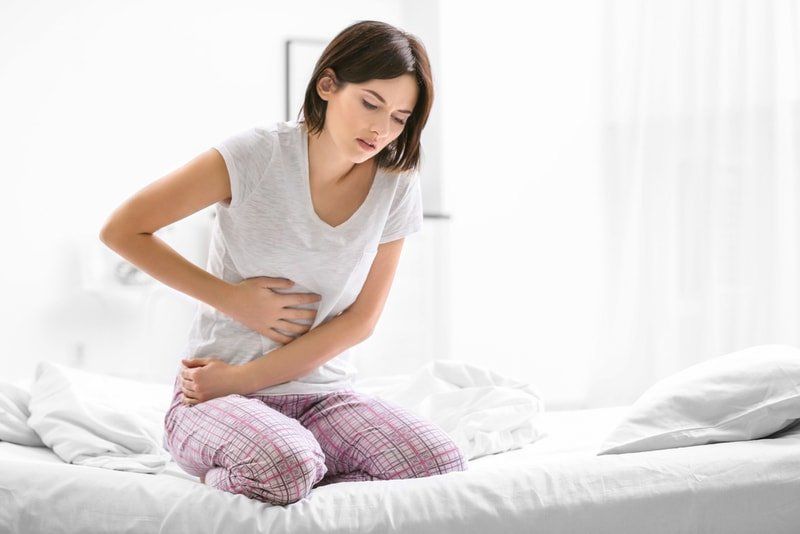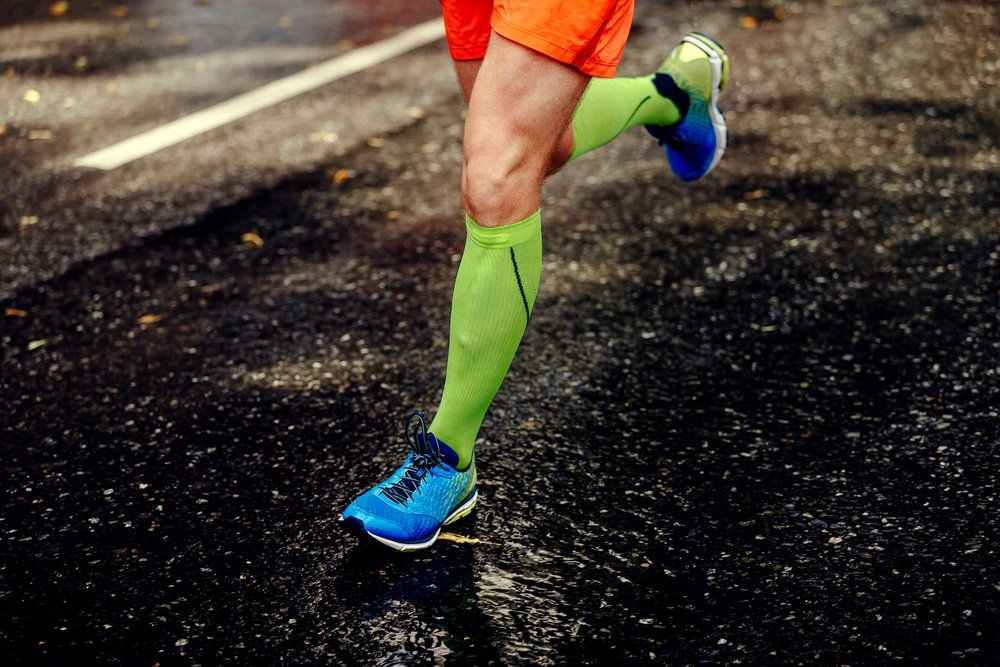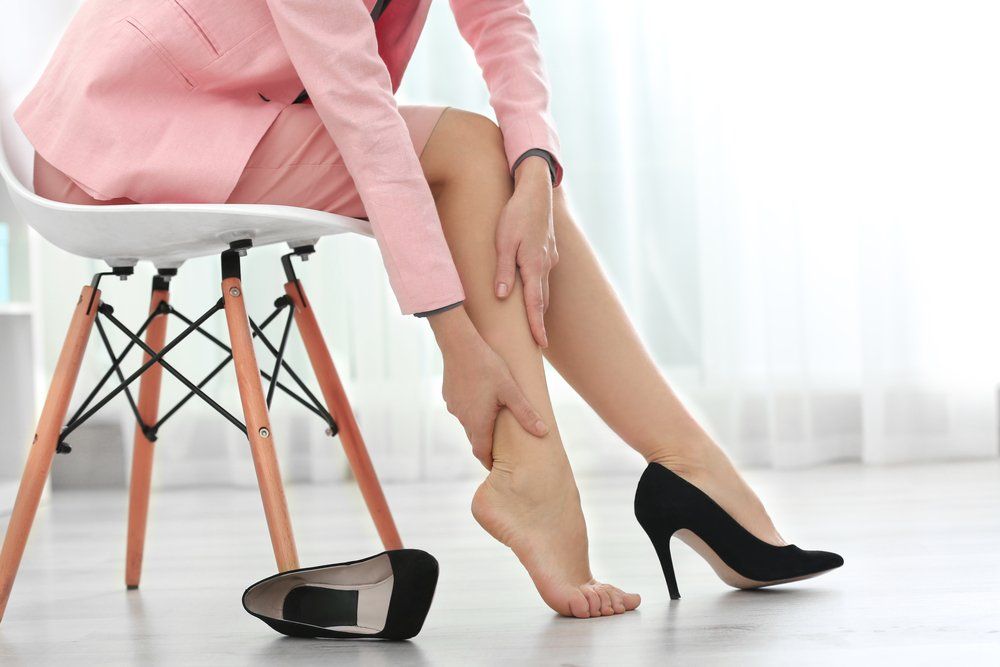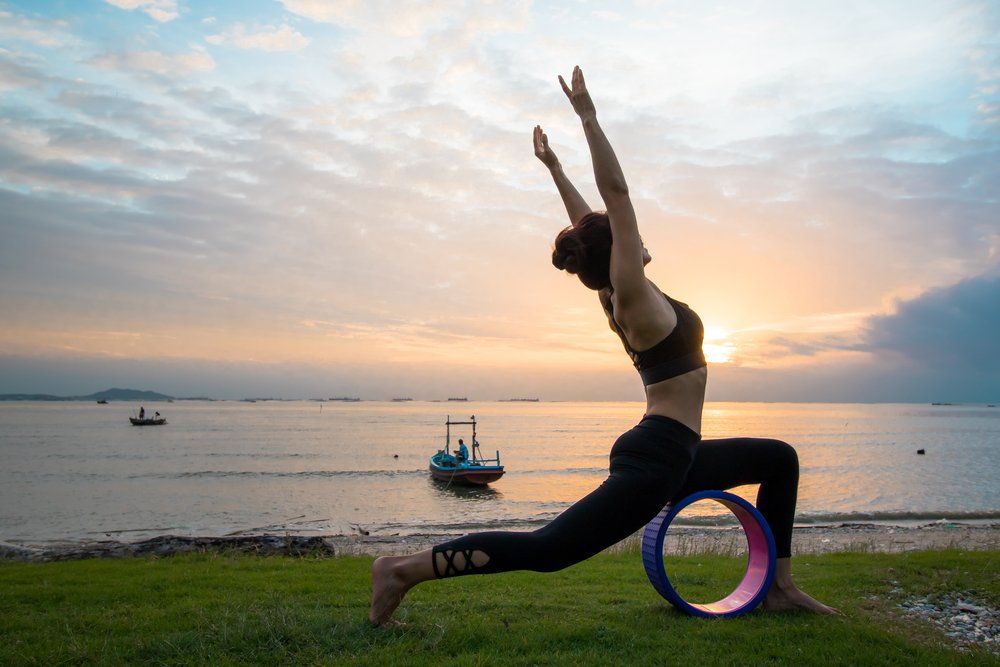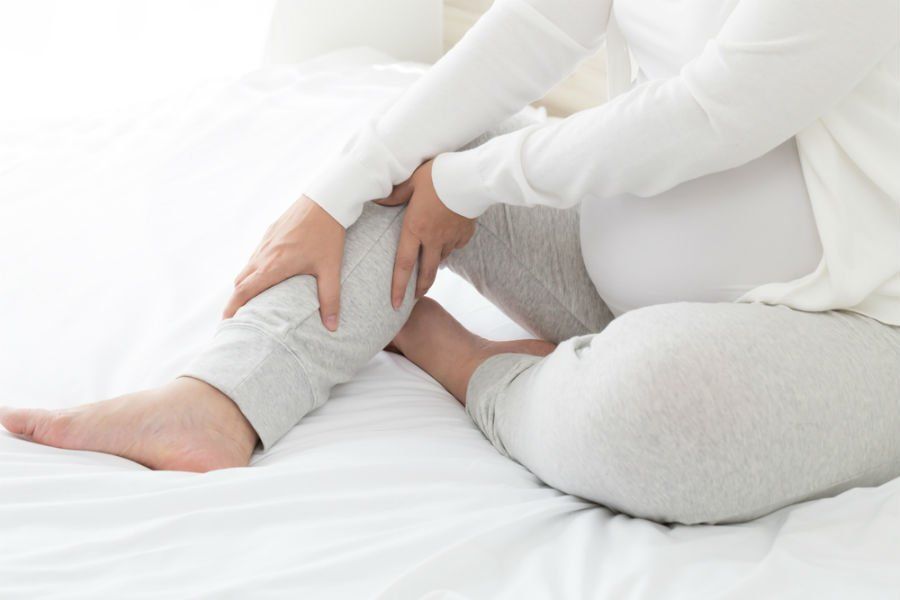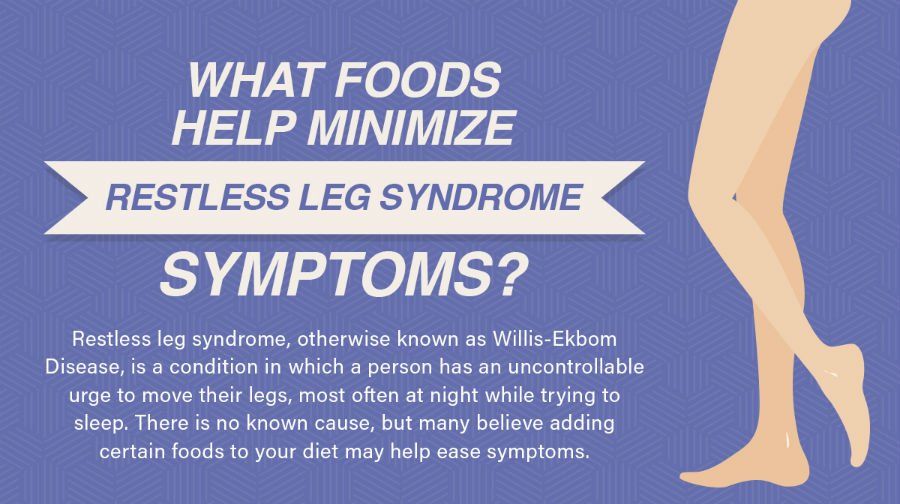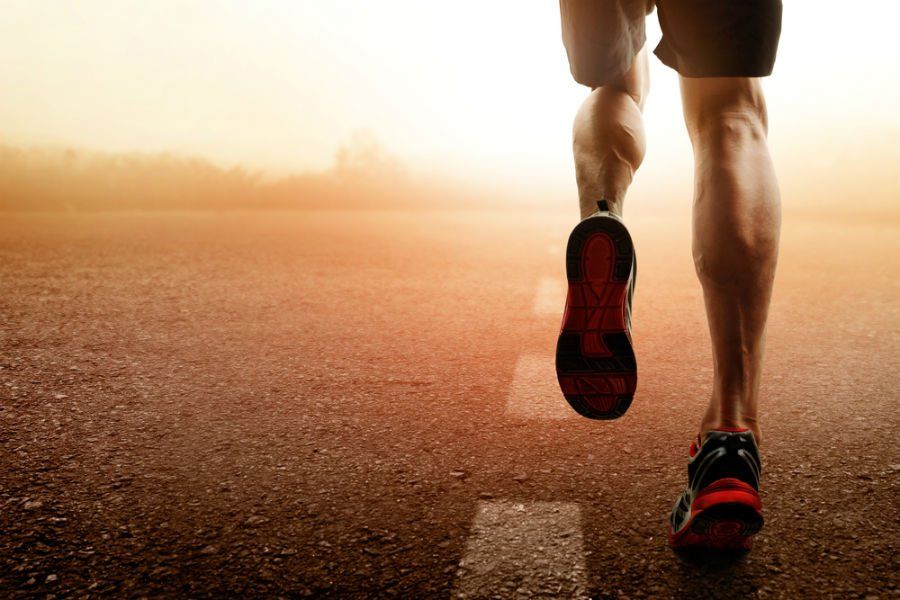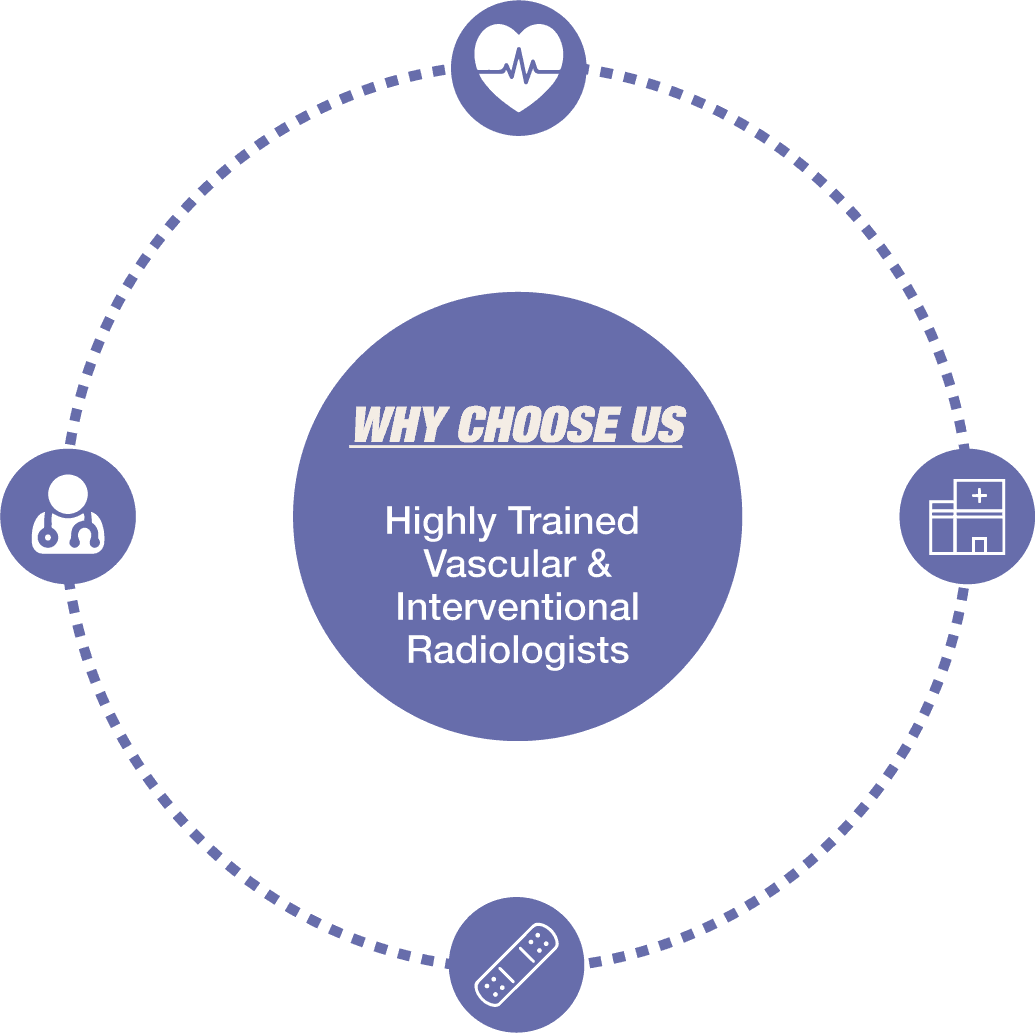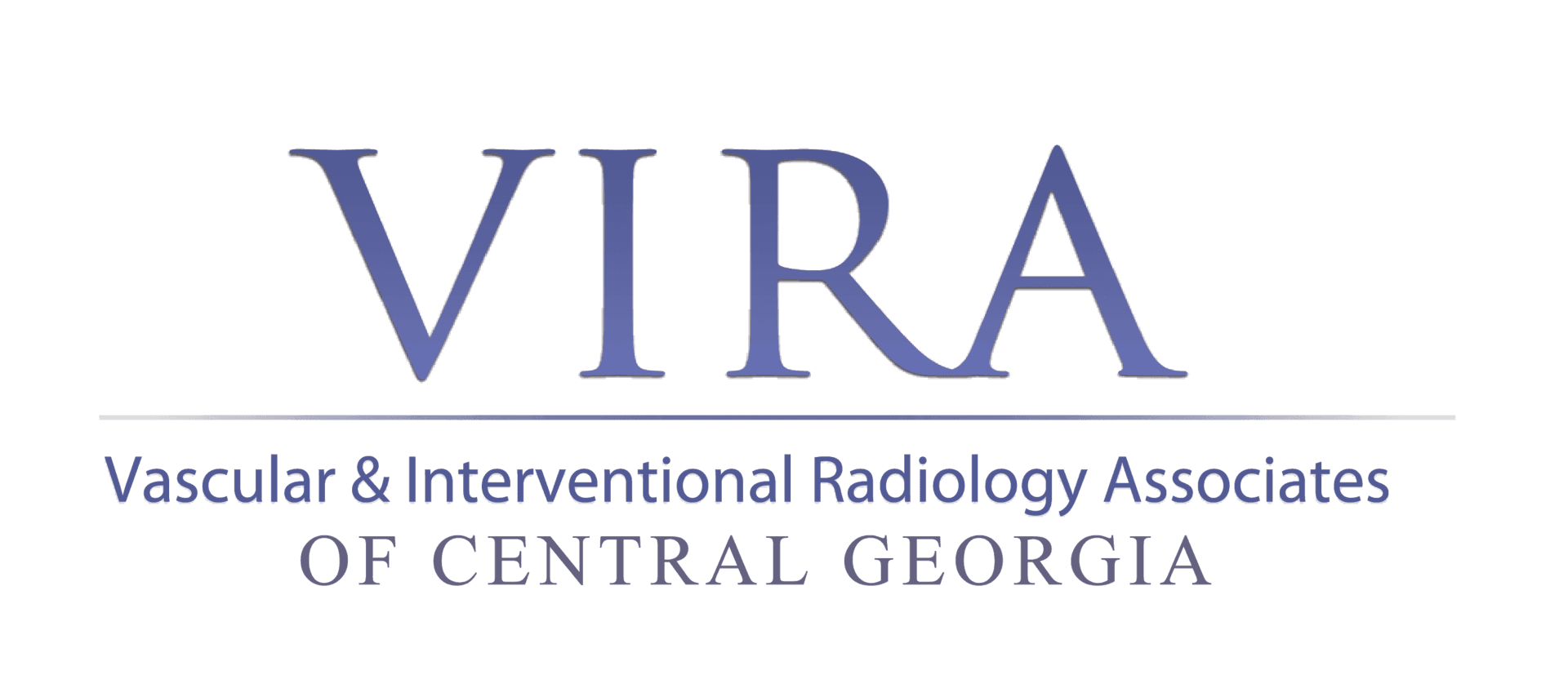The Benefits of Elevating Your Legs
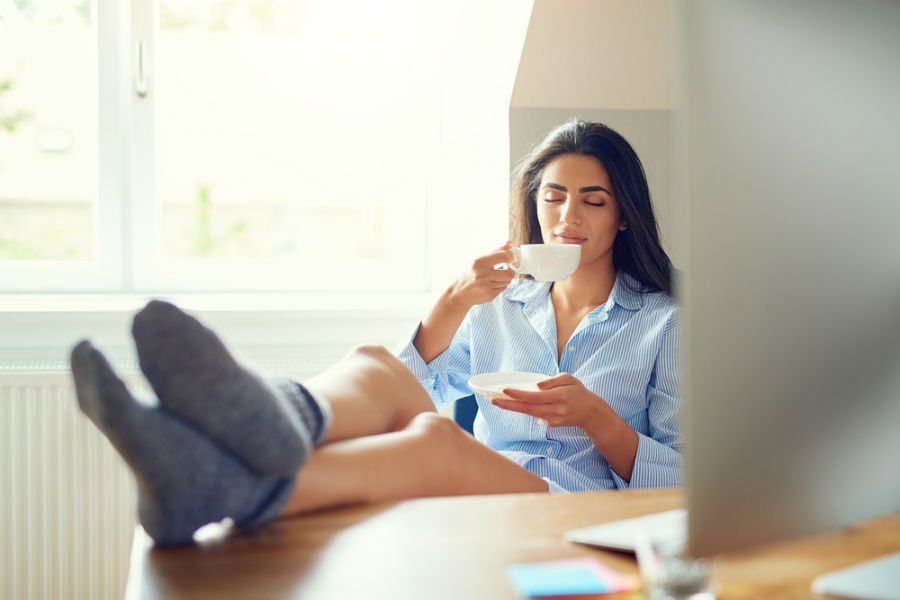
Most of us are putting undue stress on our bodies every day. As it turns out, posture and position are just as important as your parents and teachers used to tell you. Hunching over in front of a computer, craning your neck to look at your phone and slouching in chairs are all bad for your spine and neck – we know that by now. What many people don’t realize is that posture also affects the veins in their legs.
How Veins Work
Our hearts pump all day to circulate blood throughout the body. Blood leaves the heart through arteries to deliver oxygen to cells, and it returns via veins that carry waste away so it can be expelled. This process is what keeps us alive and healthy.
However, the pumping motion of the heart isn’t strong enough to defy gravity. If that’s true, you may be wondering why our blood doesn’t just stay in our legs and feet.
The answer is in the shape of our veins. Healthy veins have fully functioning valves that open when we move our muscles and close when we stay still. They only flow in one direction, and blood is squeezed through the vein with each muscle contraction. One of the most important movements for blood flow is the calf muscle pump, which anyone can simulate by walking or doing calf raises.
With varicose veins or spider veins, however, the veins are weak and misshapen. This prevents the valves from closing properly, causing backflow and pooling of blood.
How We're Ruining Our Leg Veins
You may have noticed that your legs are sore even if you haven’t exercised. Perhaps you’ve also developed varicose or spider veins. This could be due to a combination of genetic factors and lifestyle choices, such as:
- Sitting all day – Without the calf muscle pump, blood pools more easily in your legs and feet.
- Standing all day – Even though you use some muscles to balance upright, standing puts pressure on your veins, increasing the risk of problems.
- Wearing heels – Heels force your calves into an unnatural position, which does not allow for a calf muscle pump.
- Wearing tight clothes – Too-tight skinny jeans and compression garments put pressure on your skin and the veins underneath, disrupting blood flow.
How to Relieve Vein Pressure
Even if you’re required to sit or stand all day at work, taking time to elevate your legs in your free time can relieve some of the pressure in your veins. Reversing the natural position of your body allows the blood to flow through the veins back to the heart with the assistance of gravity. Doing this for at least ten or fifteen minutes a day can provide a significant amount of relief for many people.
There are two very easy ways to elevate your legs:
- Put your legs up against a wall – Lay flat on your back and place your legs straight up against the wall so that your legs and torso form a 90-degree angle. Some people find it relaxing to put their arms out to the sides and meditate or listen to music.
- Prop your legs up while lying down – Use pillows to elevate your feet and legs while lying on a couch or bed. Your feet should be at least 6 to 12 inches above your heart, and you should allow your legs to bend naturally. Avoid supporting the weight of your legs on your ankles as this will impair circulation and cause discomfort.
Treatment for Varicose Veins in Central Georgia
While elevating your legs is helpful for most, some people require medical procedures to fix their veins. At VIRA of Central Georgia, we offer Laser Vein Therapy, radiofrequency ablation/VNUS closure, sclerotherapy and more to treat venous reflux disease , including varicose and spider veins. Call us today at 478-757-8868 to schedule your appointment.


